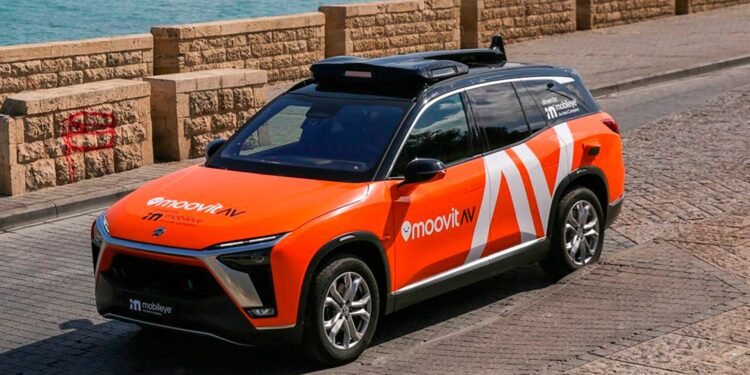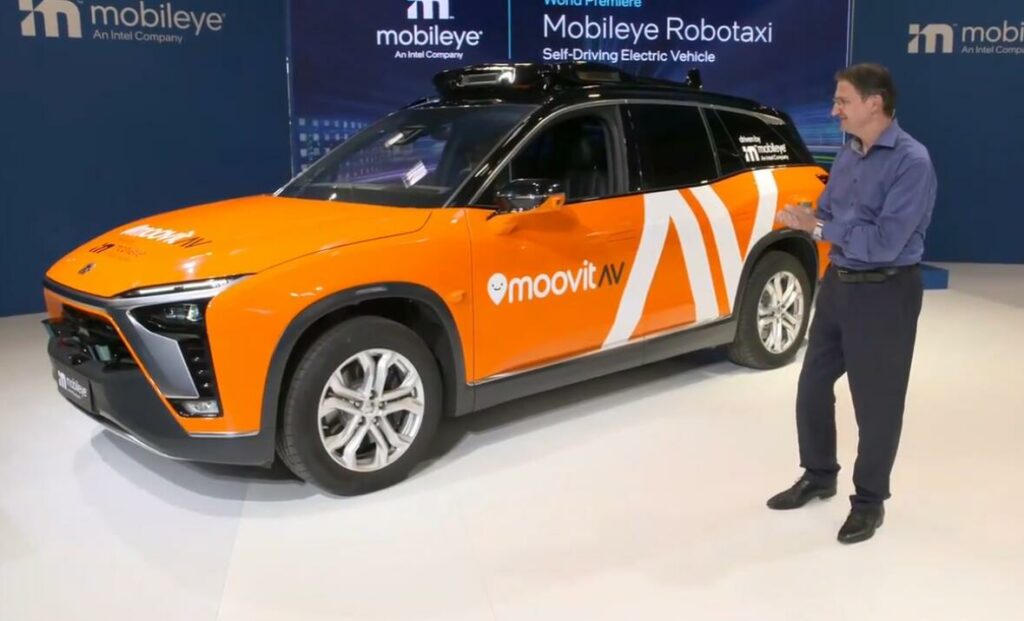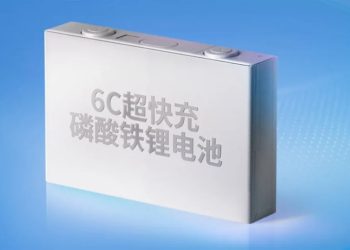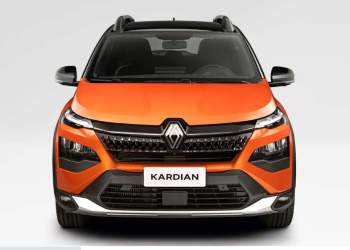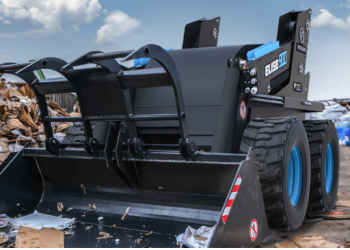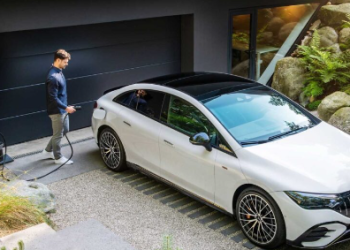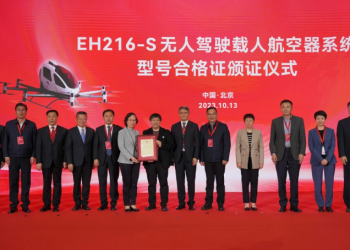Electric mobility is very close to consolidation in Europe, not only with the emergence of mind-blowing models manufactured by the world’s leading brands, but also through services that will offer a whole new user experience and relieve congestion in major metropolises.
In Germany, Intel, one of the world’s leading manufacturers of semiconductor chips, announced that it will use the Chinese electric vehicle NIO ES8 to launch a robo-taxi service.
Intel CEO, Pat Gelsinger, and SIXT co-founder, Alexander Sixt, partnered to start offering autonomous transportation in Munich by 2022. The collaboration between Intel subsidiary Mobileye and SIXT, an international mobility services provider, also aims to scale driverless ridesharing services in Germany and other European countries by the end of this decade.
Related content: Citroën Skate: New Concept of Urban Electric Mobility
To materialize this proposal, they will rely on the electrified Asian vehicle that is on the market under two different versions. An access version with a 75 kWh battery capacity and up to 375 kilometers of autonomy; and another unit with a 100 kWh battery capacity and up to 375 kilometers of autonomy. And another unit with 100 kWh battery and up to 500 kilometers of self-sufficiency. The starting price is 60,135 euros.
What Will Robotaxis Be Like?
Intel reported that their innovative plan, in which ES8 will be protagonist, passengers will be able to access the service through the Moovit application, as well as the SIXT app.
The autonomous robotaxi offering will be included on ONE, the holistic mobility platform from SIXT, which combines products for private rides, as well as car rental, car sharing and car subscriptions into a single tool.
The robotaxi option will be part of the SIXT Ride shared transportation offering, supported by a recently enacted law allowing driverless vehicles on German roads.
The fleet will move from trial to commercial operations after regulatory approval. “Germany has demonstrated global leadership toward a future for autonomous mobility by fast-tracking crucial legislation,” Gelsinger said. “Our ability to start robotaxi operations in Munich next year would not be possible without this new regulation,” he added.
The collaboration with SIXT is the first known commercial robotaxi service between a technology provider and a mobility service supplier. With strong logistical and operational partners like SIXT, and with the innovative NIO ES8 on board, Mobileye can realize the promise of full autonomy across cities around the world.
Written by I Jhonattan González



